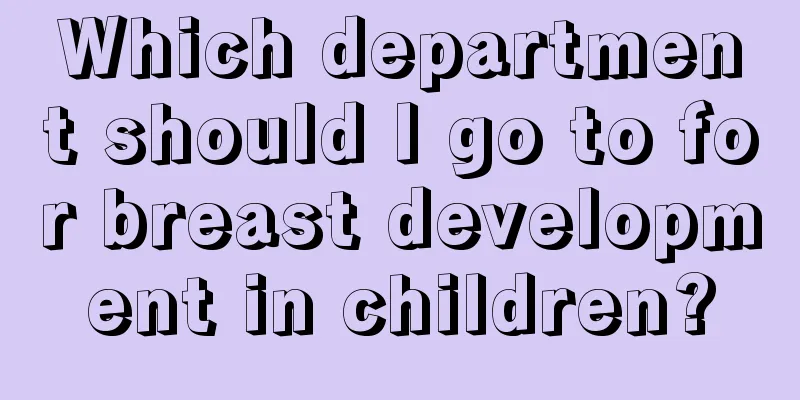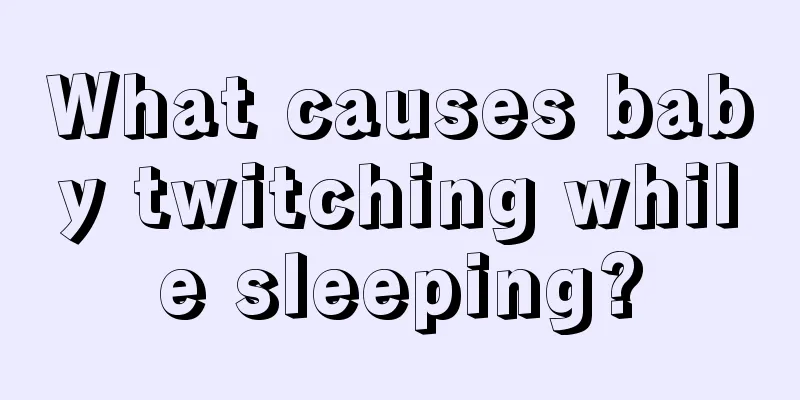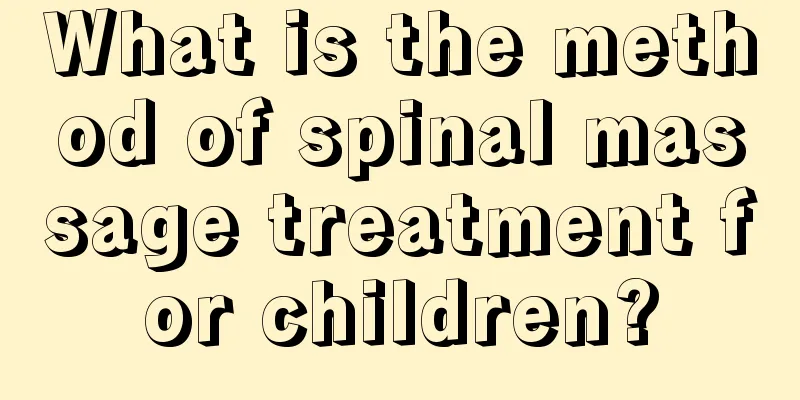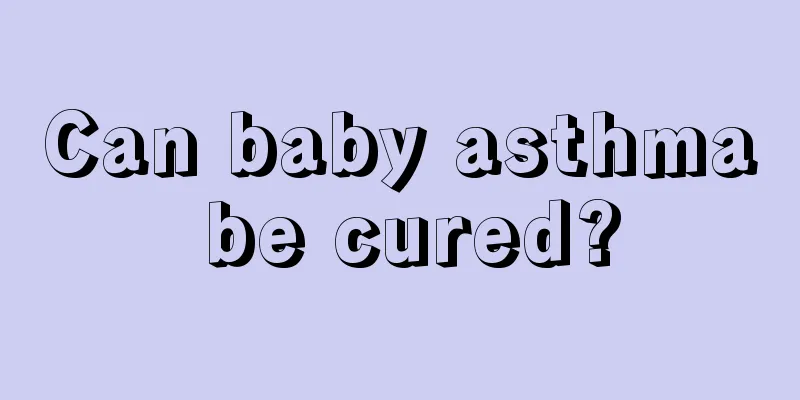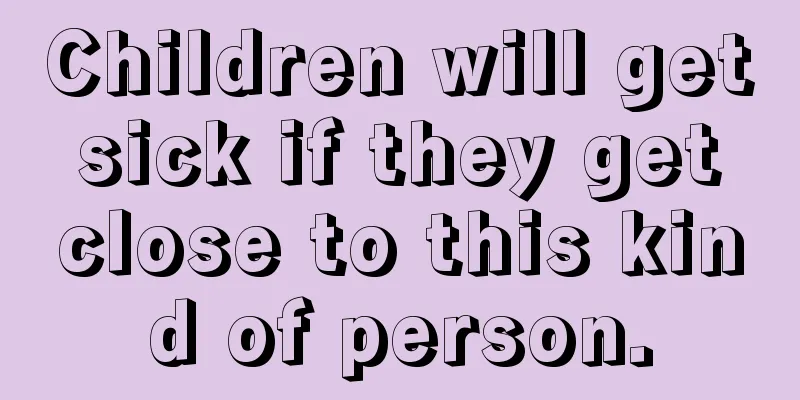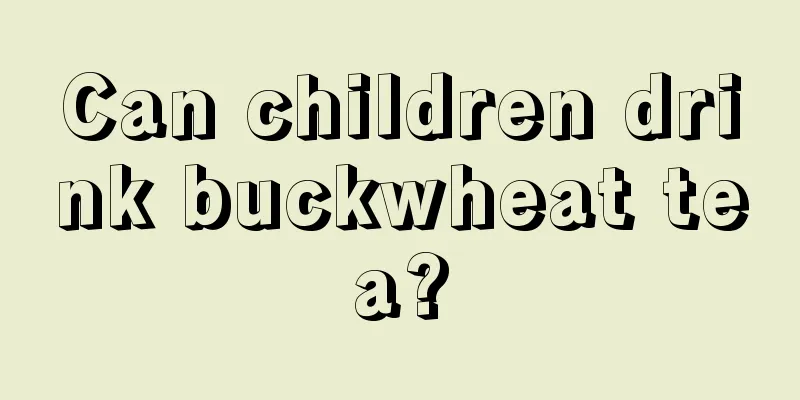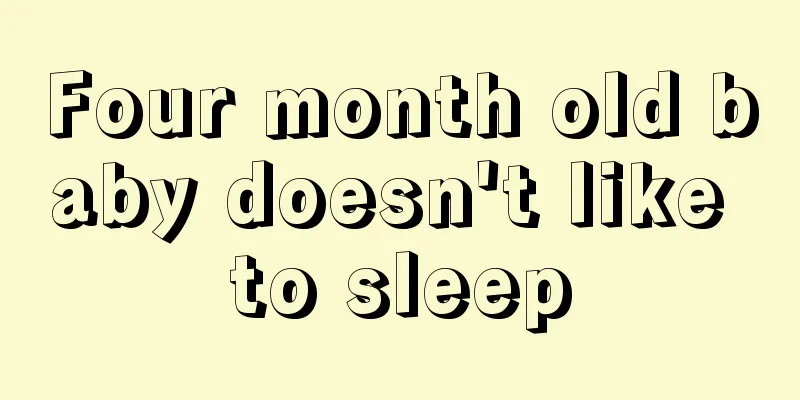Six common misunderstandings about children's colds that need attention
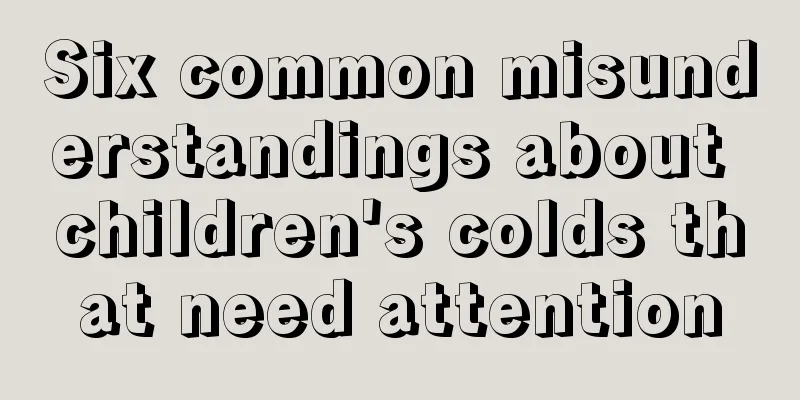
|
Now that the smog is gone, the number of children seeking treatment for colds in hospitals has increased. Pediatric experts have found that although it is common knowledge that colds are self-limiting diseases, parents are eager to protect their children and blindly pursue quick cures, which leads to misunderstandings in medical treatment, medication, and care. For example, they give their children intravenous drips or even use hormones to reduce fever as soon as they have a fever, take so-called "nutritional tablets" to fight colds, and give their children oral anti-inflammatory drugs. Experts remind that there are many factors that cause children to catch a cold, not just cold, and symptomatic treatment is the safest. Myth 1: Go to the hospital as soon as you have a fever Many parents take their children to the hospital immediately as soon as they have a fever, for fear that their children's brains will be damaged by the burn, and they prefer to go to Grade A hospitals. Zhao Youwei, deputy chief physician of pediatrics at Guangdong Provincial People's Hospital No. 2, said that he once saw a child who went to a hospital near his home for fever treatment at 4 a.m., went to the Children's Hospital for fever treatment at 9 a.m., and went to the provincial traditional Chinese medicine hospital for treatment in the afternoon. He was in this mess for the whole day. Expert’s answer: Going to a big hospital as soon as a child has a fever not only wastes medical resources, but also delays the child’s rest. For common cold and fever, there is no need to see a doctor several times a day. Colds have a course of illness and it is difficult to cure them completely in one day. As for the worry about "burning the brain", Zhao Youwei said it was unnecessary. If a child has a fever due to a common cold and the body temperature is 40°C and he or she does not have convulsions, the brain will generally not be damaged. The fever that actually causes "brain damage" is not caused by a cold, but may be caused by an intracranial infection. When you see a doctor with a fever, the doctor will identify the cause and, if this is a possibility, keep you in the hospital for observation. Myth 2: Infusion heals quickly Some parents go to the hospital to request intravenous drip for their children as soon as they catch a cold or have a fever, or even just have a stuffy nose, runny nose, and cough, believing that only intravenous drip can make their children get better faster. Expert’s answer: Colds have their own natural course and cannot be cured immediately even with intravenous drips. As long as you are not dehydrated, the principle of treatment is to take it orally as much as possible. Because infusion is risky, such as infusion reactions, drug allergic reactions, local vasculitis and other complications. Especially large amounts of fluid can cause damage to children's young hearts, increase the burden on the heart, and even cause heart failure. Myth 3: Hormones reduce fever quickly Some parents want their children to reduce fever quickly, so they like to ask doctors for hormones to reduce fever, or even give their children hormones on their own. Expert's answer: In medicine, the use of hormones has strict indications and contraindications, because hormone use has many side effects. In particular, once children use hormones repeatedly or for a long time, not only is it almost inevitable that the child's immunity will be reduced, but in severe cases it may even cause pathological obesity, osteoporosis, etc., which does more harm than good to children in their growing age. Zhao Youwei said that colds cause children to have fever, which is the body's immune response, which helps to eliminate pathogens in the body. Hormones kill this response, which is not worth the cost. Myth 4: Abuse of anti-inflammatory drugs Some doctors and patients always believe that antibacterial and anti-inflammatory treatments for colds are quick, so many broad-spectrum antibiotics such as cephalosporins and quinolones are widely used in the treatment of pediatric colds. Experts’ correct answer: Many fevers are caused by viruses, and antibiotics are powerless against viruses; even for a few colds caused by bacterial infections, antibiotics can only be used under the guidance of bacterial sensitivity results. In fact, the abuse of anti-inflammatory drugs can cause the normal flora in children's bodies to be disrupted, which poses many hidden dangers. What's more serious is that bacteria can easily develop drug resistance, and when antibiotics are really needed in the future, they will lose their effectiveness. Myth 5: Taking "nutritional tablets" to prevent colds Many parents believe that their children catch colds because of poor resistance, so they hope to use medication to improve their resistance and prevent colds. As a result, they often let their children take a lot of so-called "nutritional tablets." Expert’s answer: There are many drugs on the market to enhance immunity, but not all of them are effective for every child. Many children are prone to catching colds, not because their immunity is poor, but it has a lot to do with bad living habits, such as going to bed late and getting up late, lack of sleep, eating too much fast food, only drinking Coke but not water, only drinking milk but not rice, only eating meat but not vegetables, etc. When the child’s immunity may not be a big problem at all, improving bad habits is more effective and reliable than taking “nutritional drugs”.
Myth 6: Keep going to school Nowadays, parents are busy with life and work, so as soon as the child’s fever stops, they assume that the child has recovered from a cold and send him to kindergarten or school. Expert’s answer: It is a bad idea to insist on going to school, because children need to rest after having a cold. The child’s fever has just stopped, and it may be due to the effect of the antipyretic medicine. The disease has not been completely cured. After being sent to school or kindergarten, he cannot get rest, which can make the disease heal slowly. Expert advice: Fever below 38.5℃ is generally not treated According to experts, there are many causes of colds, not just cold. For example, various viruses and bacteria, allergies, congenital immune deficiency or acquired immune dysfunction, excessive fatigue, crowded living quarters, air pollution, and reduced local defense capabilities of the respiratory mucosa can all cause colds. |
Recommend
What are the psychological characteristics of 10-year-old children?
When children are around ten years old, they are ...
Why does a child have a runny green nose?
Everyone will inevitably have a runny nose. The m...
What to eat to improve intelligence? This thing is good for your brain!
A child's intelligence and IQ determine his f...
Does a 40-day-old baby need to stay in the ICU if he has inflammation?
Babies born around 40 days old are still in the s...
Is it good for babies to sleep during the day?
I believe that many mothers will have some troubl...
Three-year-old baby oral herpes
A three-year-old baby develops oral herpes, which...
What causes children’s gums to become red, swollen and bleeding?
Children’s teeth are always fragile. Sometimes, f...
What should I do if my baby coughs and has hot palms and soles?
The baby's body is relatively fragile, and it...
What should I do if my one-year-old child has a fever at night?
Fever is the most normal physiological phenomenon...
How long should children take zinc supplements?
For children, they should pay attention to zinc s...
What should I do if my baby has gastrointestinal dysfunction?
What kind of disease is gastrointestinal dysfunct...
The reason why five-month-old babies are restless when sleeping
Many 5-month-old babies are restless when they sl...
How to remove the bruises on baby's face
As soon as the baby learns to walk, he likes to r...
Why are baby's eyes yellow?
Babies are the focus of attention in the family a...
What is the cause of the blue white of the child's eyes?
The blue symptoms of the whites of a child's ...

